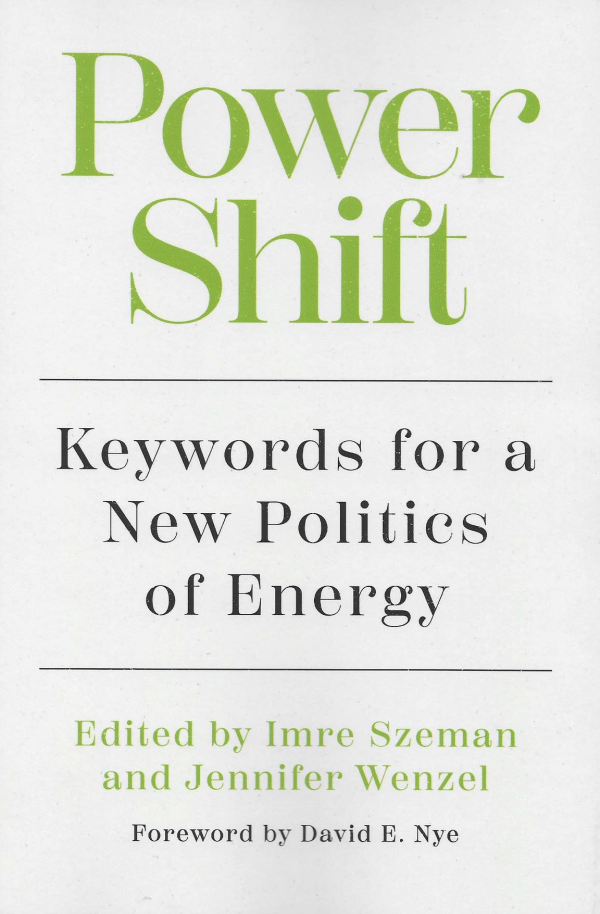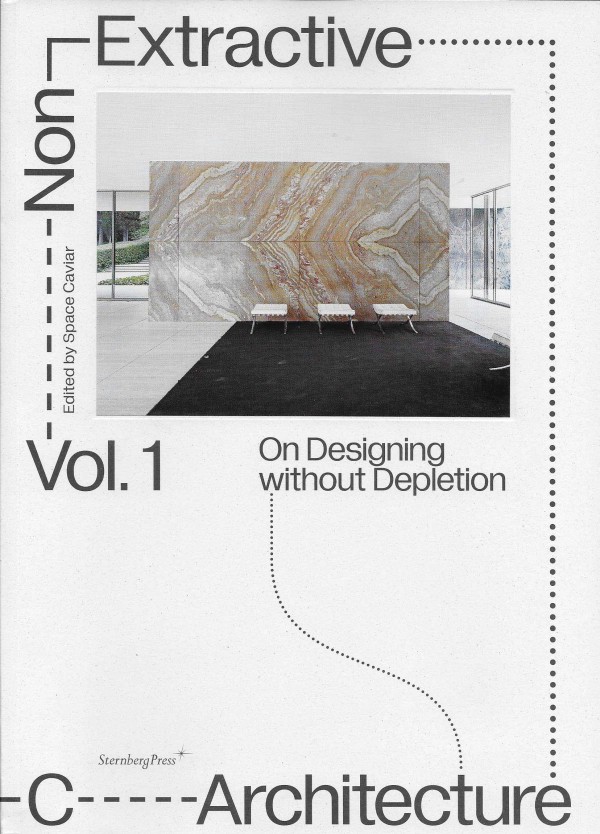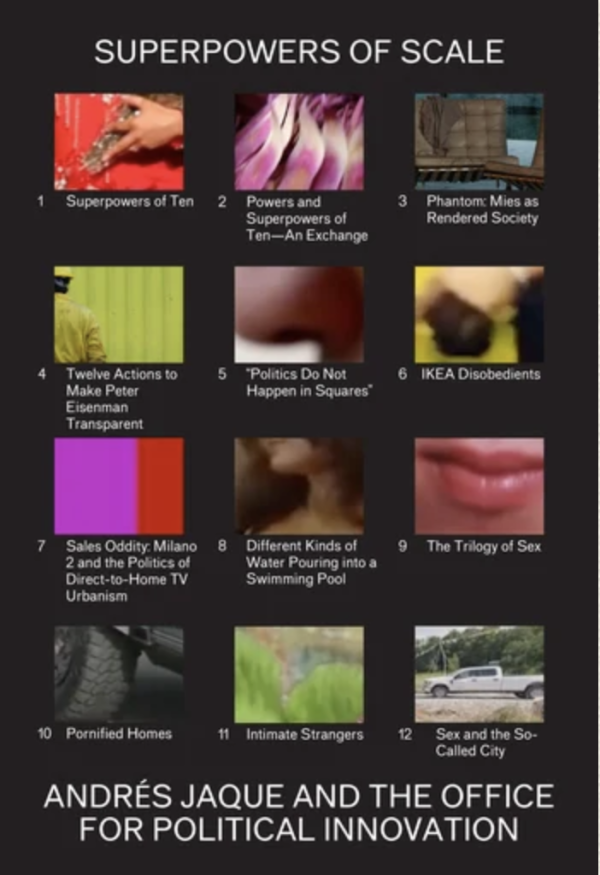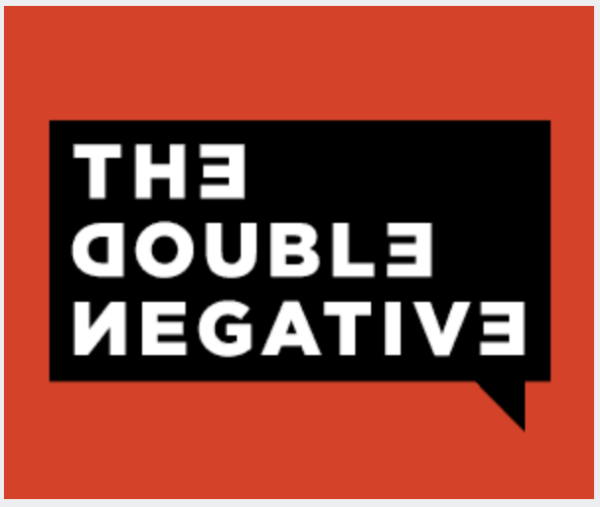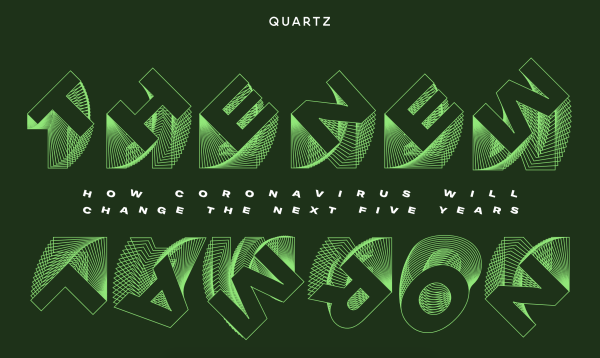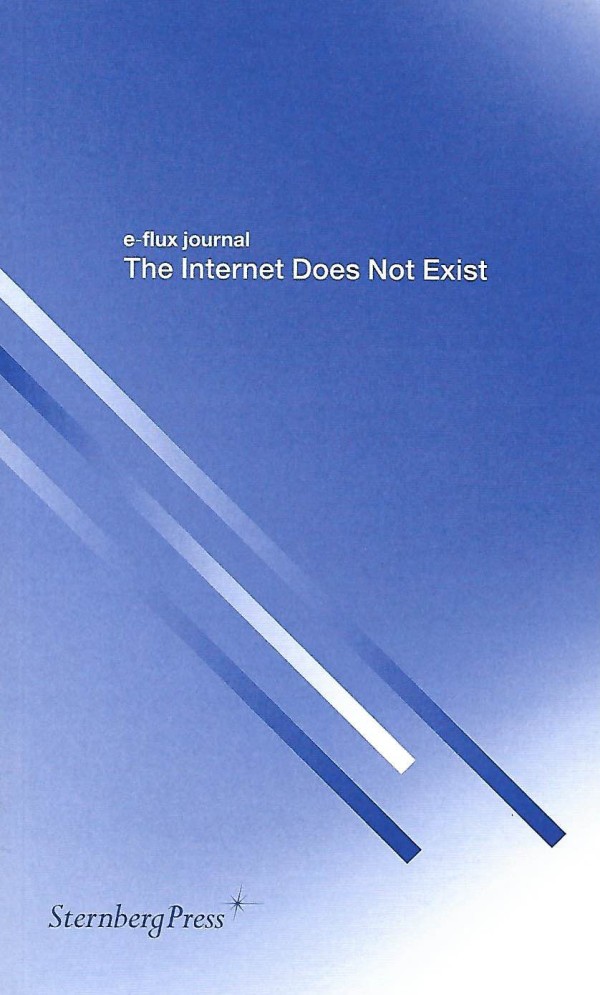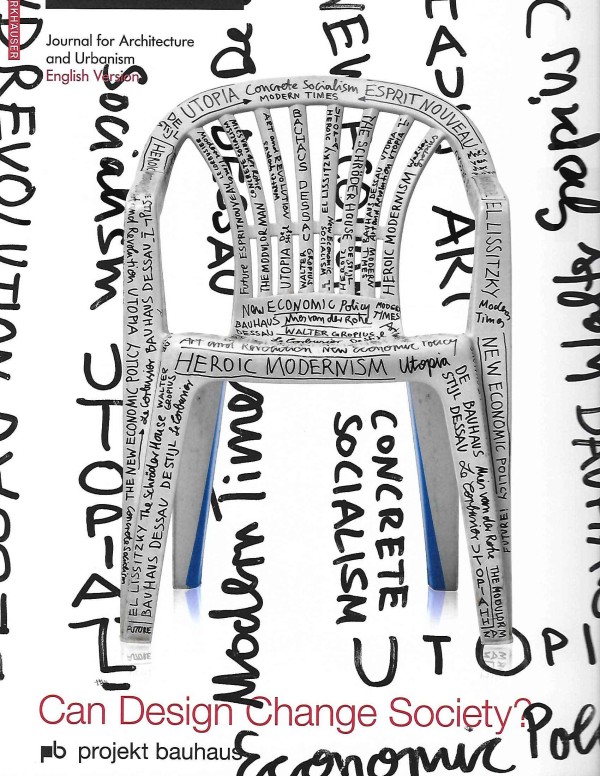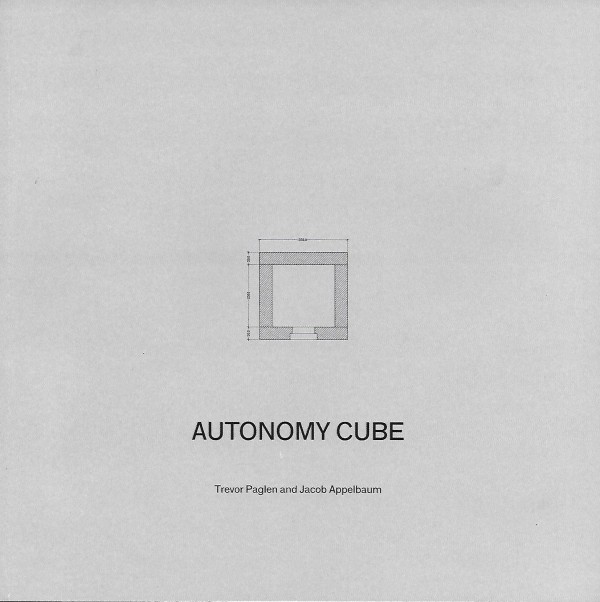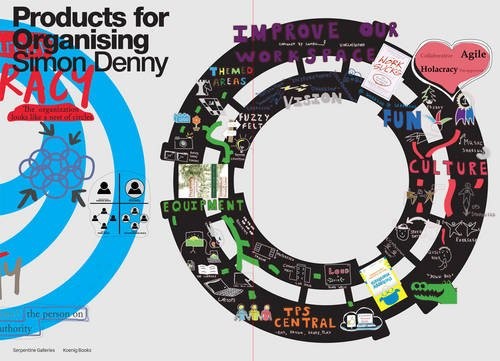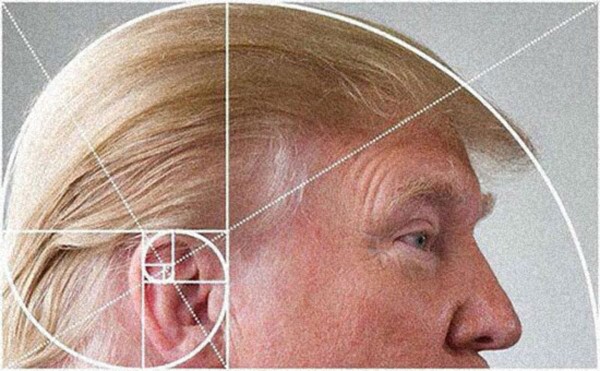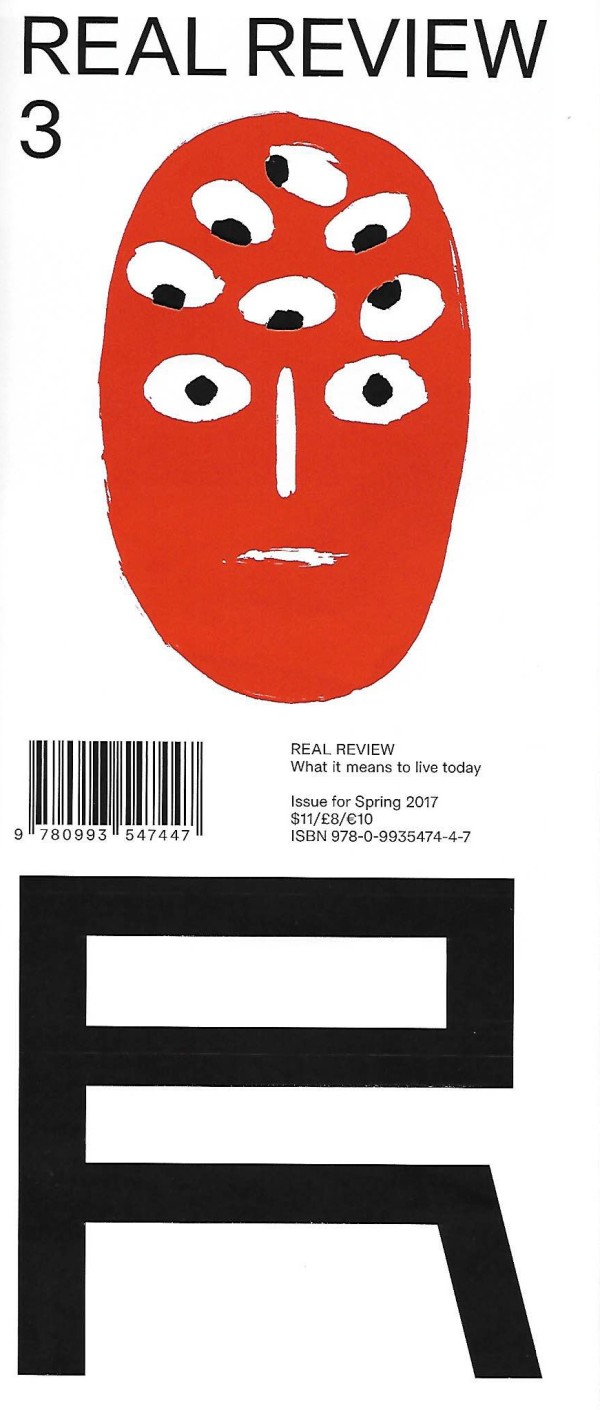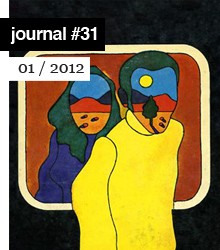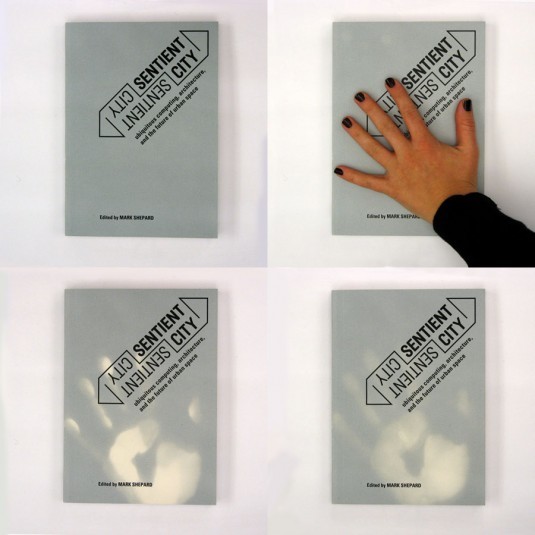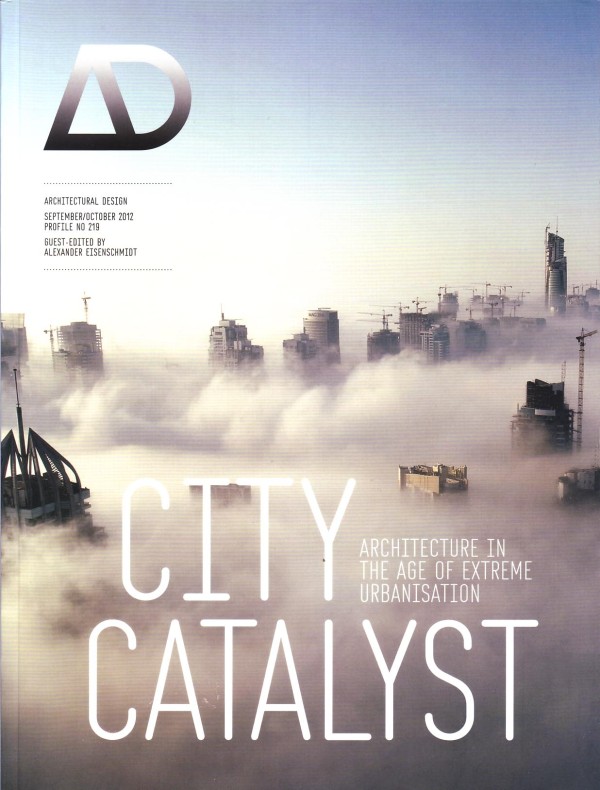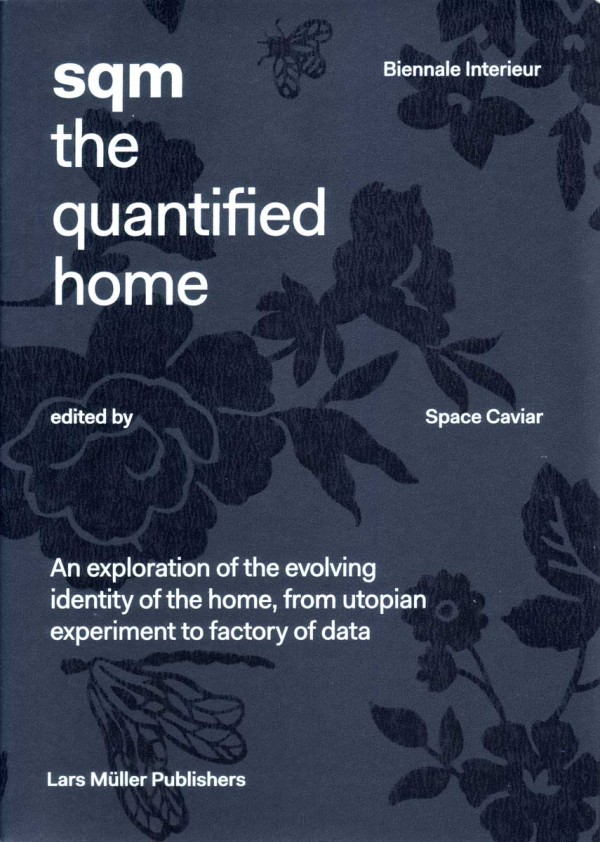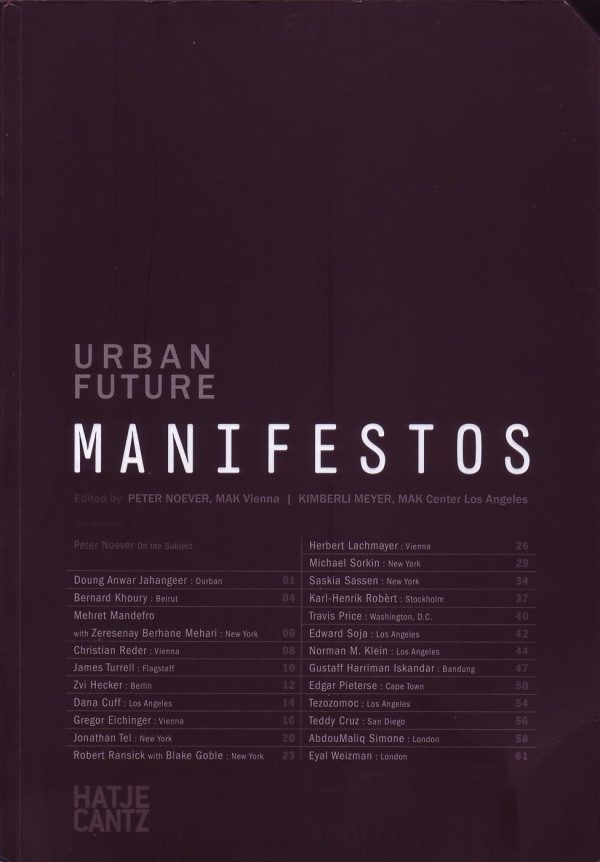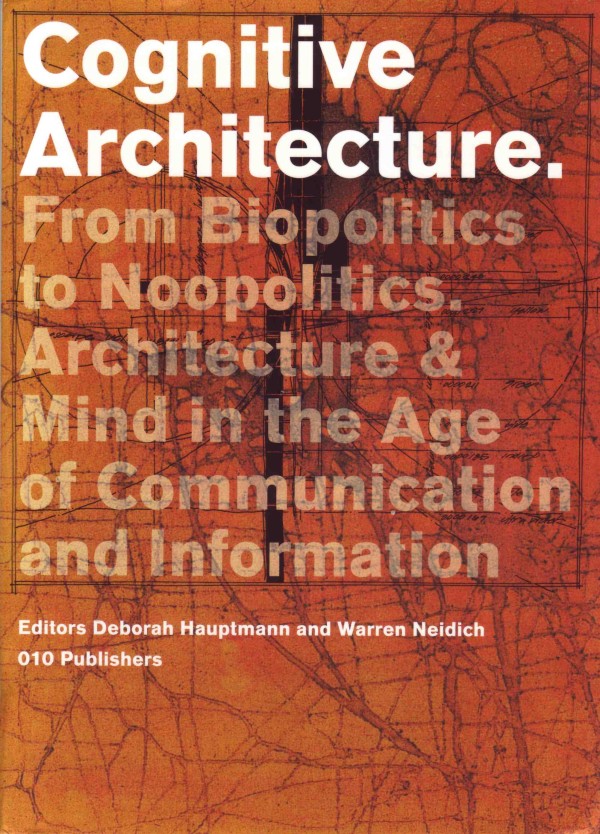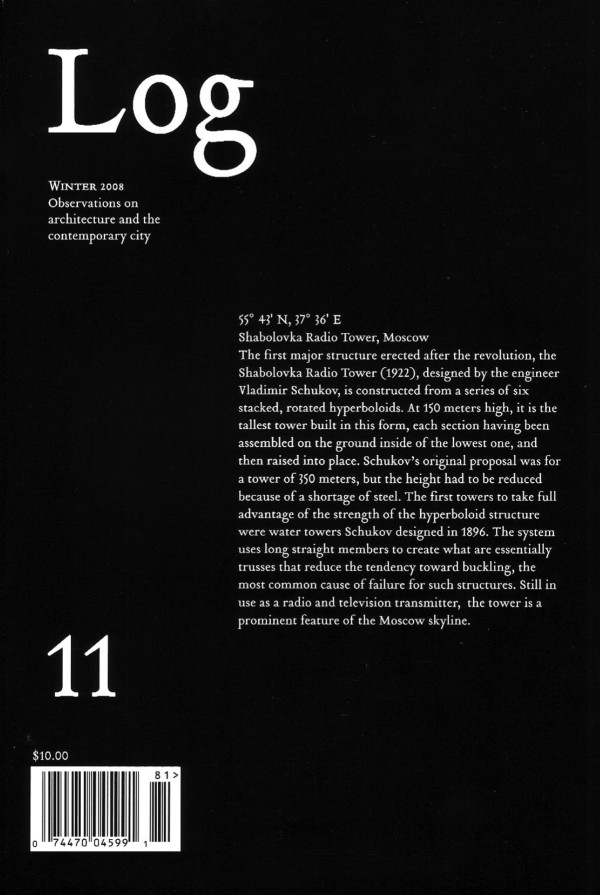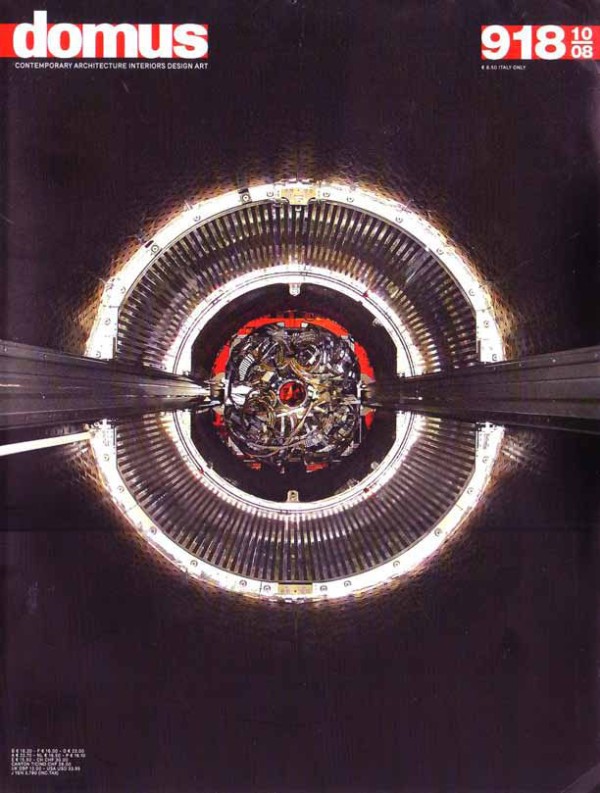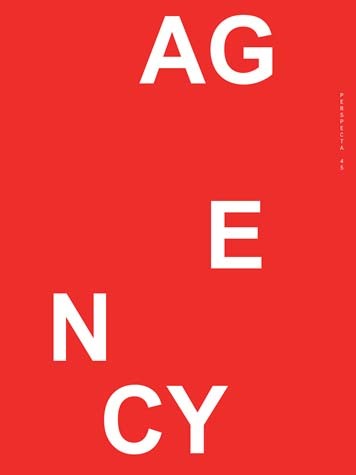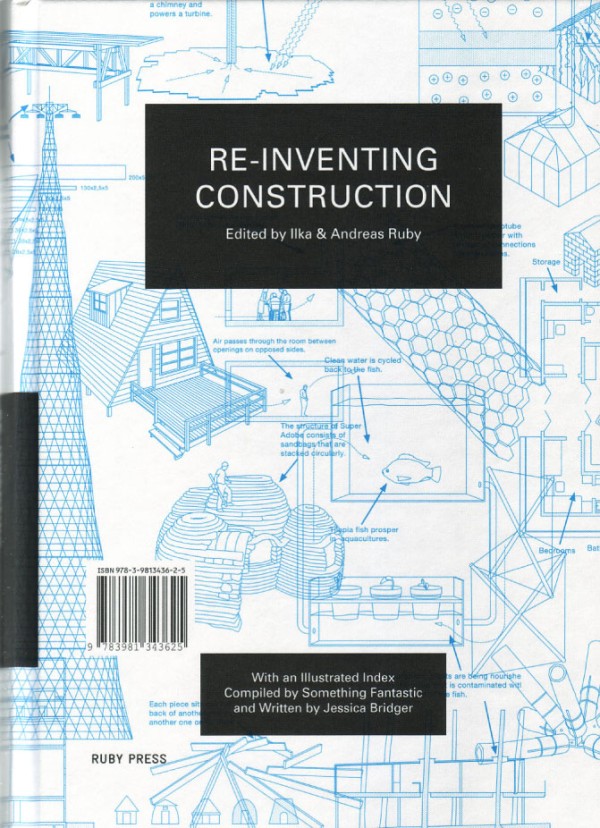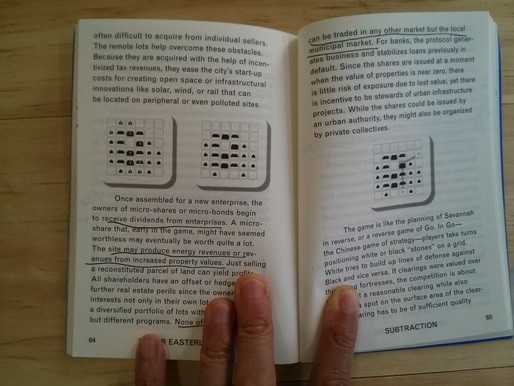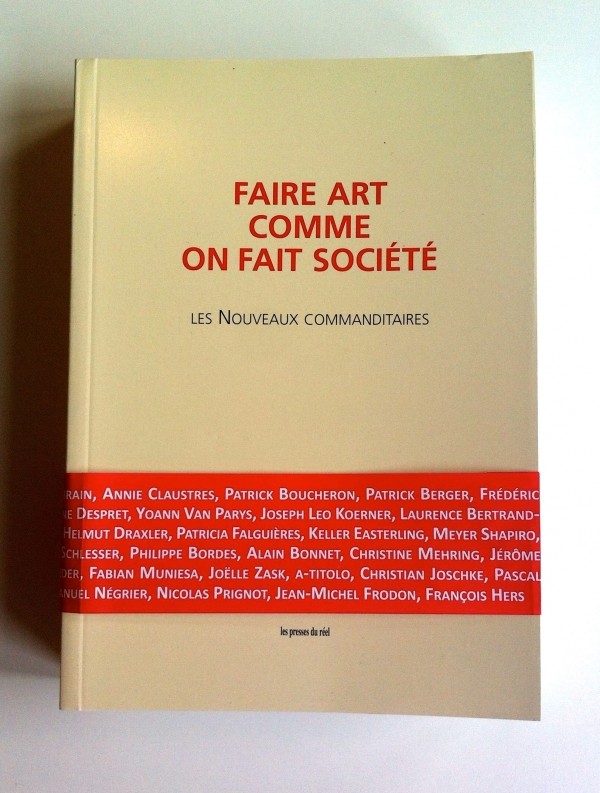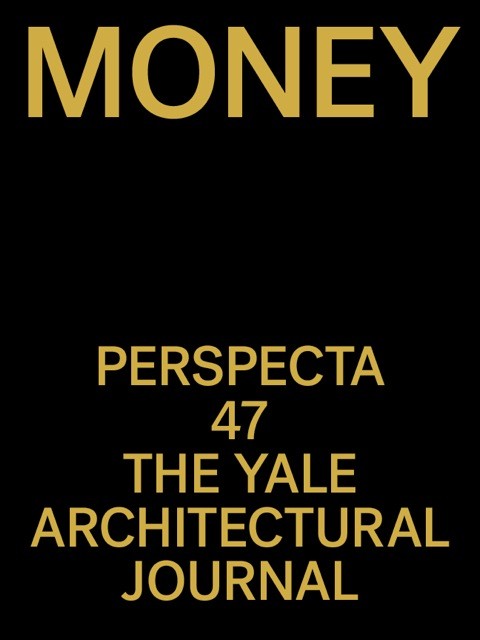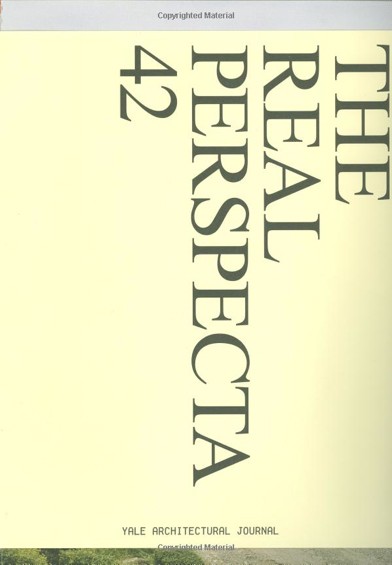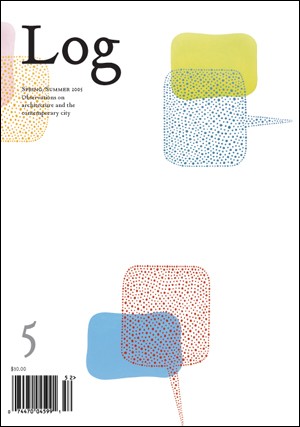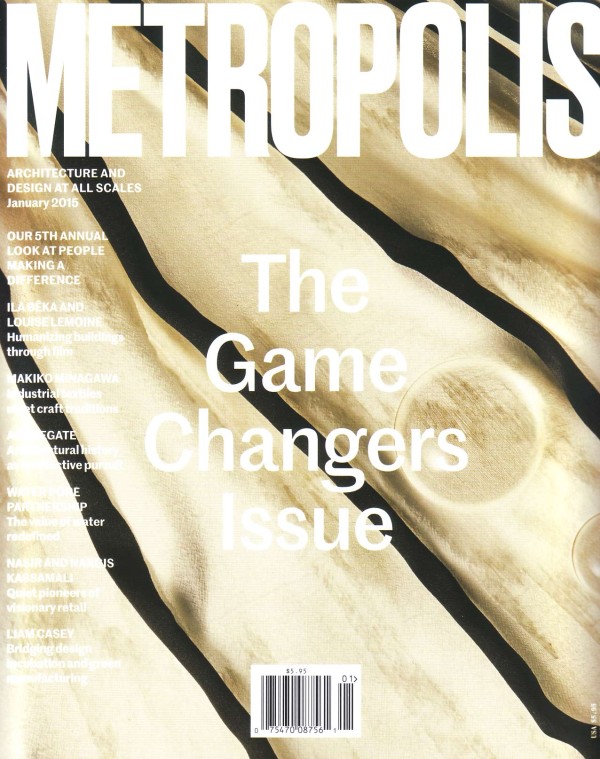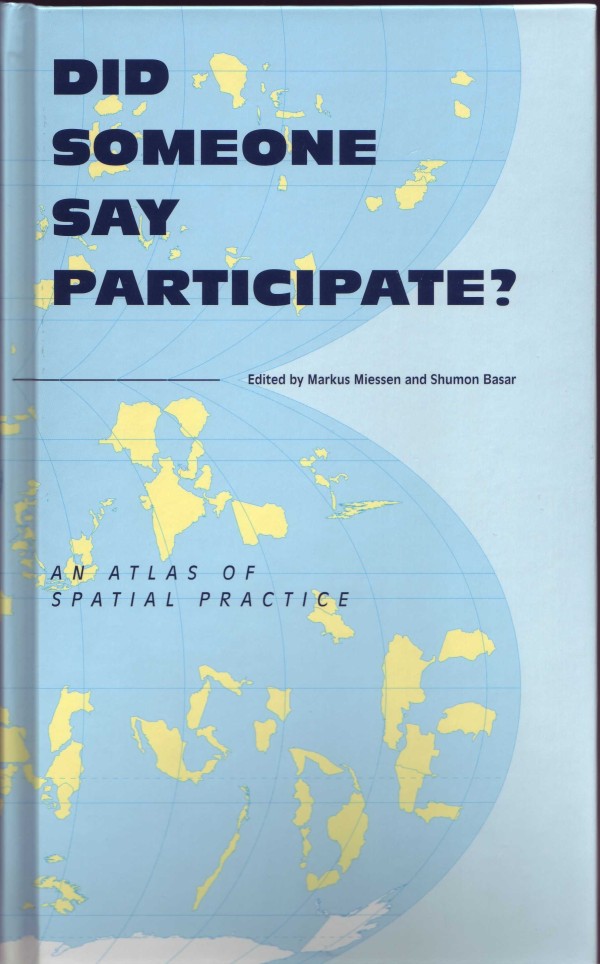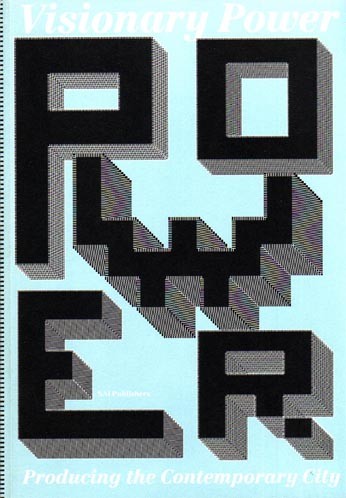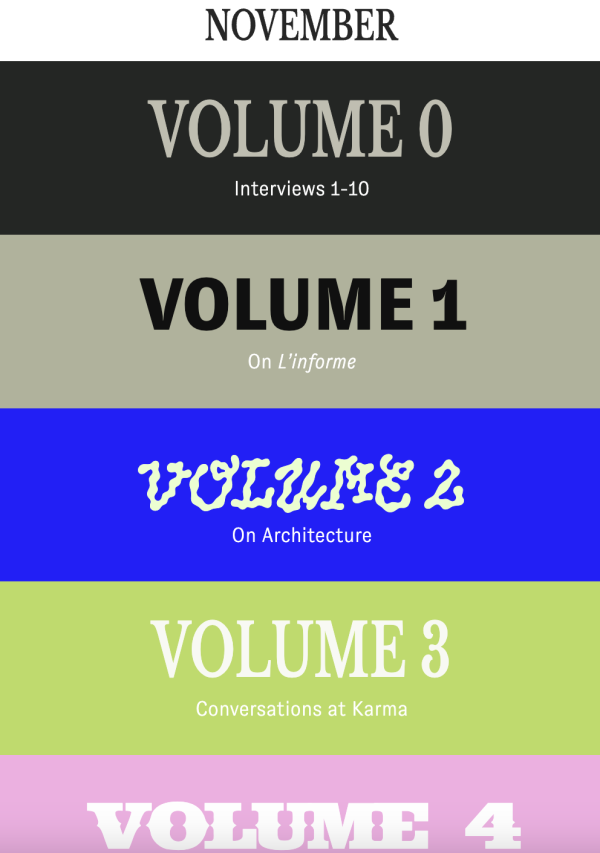In internet slang, 3DPD—meaning “three-dimensional pig disgusting”—is used to indicate that the 2D world is superior to the 3D world. The 3D world is lumpy. The friction from gravity and laws restricts individual freedom. There is the problem of having a body. And the light—the blizzard of photons coming from everywhere—is blinding and ugly. It is much more appealingly dark and smooth and pure to dematerialize into information and nurture faith in a digital platform. The internet is arguably a platform worthy of this kind of faith, but there are other platforms that aspire to parallel or even subsume the internet.
One of these, called ethereum, hopes to be the place for negotiating almost every kind of commercial, cultural, social, or legal exchange. In a video with a white-grey background and a centralized diamond-shaped logo, one of its founders, Vitalik Buterin, seems to barely need a body as he looks off-camera describing the ascendance of the platform towards Turing-complete universality. Having discovered the elementary particle upon which nearly every conceivable exchange might be built, ethereum proposes to replace centralized finance, social networking, law, and governance with a multitude of currencies, communication channels, individual contracts, and “decentralized autonomous organizations.” Encrypted against both security risk and interference from centralizing censorship, surveillance, or regulation, this massive platform for achieving “consensus” would make contracts into something like the new email.
Buterin acknowledges the persistent historical paradox immanent in all political organizations of the last 10,000 years—the desire for individual freedom versus the need for collective institutions. But he has the solution. Given that “a pure market has no way of paying for” large collective institutions, in an “economic democracy” one can simply choose from thousands of crypto currencies like Bitcoin, each of which are devoted to giving residuals funds to a specific collective concern. The platform is actually a descendant of Bitcoin in that it also operates as a shared database, but ethereum ascends the organizational hierarchy, swallows Bitcoin, and renders it just another app or currency within its more comprehensive platform. Users may choose a currency that delivers funds to schools or another that funds health, or, ethereum jokes, a currency that funds mathematicians. Problem solved. (What could possibly go wrong?)
ethereum is indepted to Bitcoin in another way as well. For a limited period of time in 2014, one could use Bitcoin to buy “ether”— an ethereum currency further subdivided into smaller denominations called the finney, szabo, shannon, babbage, lovelace, and wei.
“Ether is a necessary element -- a fuel -- for operating the distributed application software platform we are building: ethereum. Without the requirement of payment of ether for every computational step and storage operation within the system, infinite loops or excessive storage demands could bog down ethereum and effectively destroy it.”
Buterin asks “what will you build on ethereum?,” characterizing it as a neutral plane on which the granular, consequential and eventually liable constructions will be made. While the messier things will happen later, ethereum, like its website and promotional videos, is innocent and snowy white, and it should be freed, exempt from friction and allowed to unfold on a pure plane providing “universality, simplicity, modularity, agility and non-discrimination.” In the “old one and the many” model, ethereum is “the one.”
The only history lessons that the digital entrepreneur wants to hear are those that emphasize how important it is to win and get there first. Still, ethereum prompts a flashback to the Technocracy movement to which it bears at least a cartoon resemblance. Technocrats of the 1920s in several competing factions, sought to replace political leaders with a “technate” of engineers who would be better suited to comprehensively collect data about and rationalize the world’s production. The historical counterpart to the “ether” was the “erg,” an energy unit currency that would supplant the irrationalities of the price system. Costumed in grey uniforms and black neckties, Technocracy adherents gathered in great assemblies under a circular Technocracy logo. ethereum issues black t-shirts featuring an equally sober and elemental logo and a lower case “ethereum.com” designed to signal the professed friendliness of open source liberalism. Technocracy movement sentiments swung between idealistic desires for new, more just, ways of managing global resources and clear ambitions for oiligarchic concentrations of authoritarian power. Similarly, as media curator and theorist Ben Vickers writes: “The embers of the 1990s rhetoric of cyberstates and pirate utopias are reigniting, signaled by an engineers’ call to arms for the wholesale transformation of systems of exchange, interaction, and governance. Yet these uncompromising visions of the future find themselves deeply embedded in the underbelly of silicon Valley and, in particular, in an unholy trinity of anarcho-libertarian-capitalist technologies…:”
Historically, the transcendent universal has often dramatized its anxiety about the threat of a lumpy world interfering with its special, exempt and lubricated status. In an elite, accelerated lane towards perfection, universal dreams are disapproving of impurities that threaten to “bog down” the particular purity or freedom they had in mind. Yet, while the word universal wants to be singular, it is often plural. For instance, in the grips of early 20th century modernist thinking, every science, art or political entity flirted with universals of many different species, modeling for uniformity, homogeneity, modularity, spirituality or immateriality. Given that each was taking off, sword drawn, in a different direction, collectively they may have created the heterogeneity they despised. But each persistently wished to be singular by supplanting the other. The feverish moderns swore allegiance, above all, to an avant-garde habit of mind that regarded intelligence as successive rather than coexistent; new ideas had to murder old ideas. Even more shrill or hysterical, the dramatic call to arms was used to inflame desires for totalizing political control.
Yet for all their sophistication, some primitive organizational and temperamental dispositions accompany any dream of a universal platform or ultimate technology. Many new platforms suggest that everything will be distributed, ad hoc, individualized and heterogeneous except their own one true monistic platform for exchange which will withdraw into a more transcendent plane of operations. And this essentially monistic disposition, often colored by liberal sentiments of many stripes, can assume a fiercely binary position against any challenger. The sense of a new technological platform as predestined to be the carrier of all of culture’s hope for advancement raises the stake and sharpens the violence of its defense. Despite the potential of information-rich networks these socio-technical organizations can then oscillate between monistic and binary dispositions that potentially erase or constrict information.
Apart from the content or justifications of any argument on any side, consider only the temperamental dispositions surrounding, for example, the NSA revelations and their threats to a universal digital platform. Coders and hackers now assemble in large numbers with new purpose standing up to preserve open as well a private exchanges. The universal becomes more monistic as it fortifies itself against government intrusion or any number of offenses by other entities. Then, taking the anxious tone of victim and martyr as well as warrior, both the state and the hacker/coder begin to assume binary dispositions with escalating tensions. Both feel justified in spying on the other and encrypting against the other. Both claim violations of rights and freedoms. Both wish to draw into greater and greater realms of secrecy even as they retaliate with publicized attacks against each other that flaunt their airtight security or their media savvy. In this oscillation between monistic and binary dispositions each side is the control, and each side is the victim; each is offense, and each is defense.
Architecture, presumably trained to see the potentials immanent in organizational or structural strata, rarely focuses on these dispositional warning signs, and, picking up an old flag, typically marches to a familiar modernist story. Historically enthusiastic universalists and technocrats—ring leaders of modernist movements—they have argued for universal laws of proportion, modular systems, abstract formal languages, kits of parts, elemental forms and redemptive technologies. And when the world resists this purity, they have often drawn into a more perfect, dematerialized, even spiritualized realm of drawing and speculation.
Architects still long to be modern like the old days. Having put faith in every successive new technology, believing in the obsolescence of the old and the superiority of the “new”, architecture easily flocks toward ubiquitous computing, smart cities and the “internet of things.” Architects have embraced Kevin Kelly’s 20th century digital enthusiasm about cars as “chips with wheels,” airplanes as “chips with wings, farms as chips with soil, houses as chips with inhabitants.” OSARC (open source architecture) proposes a universal digital platform for design and production of space in which, they argue, many of the modernists dreams can finally be realized. A new technology like Google Car will solve transportation problems. With something like Airbnb, we see tools to make architecture dance to immaterial instructions. New technologies will finally deliver the dematerialization of space into information. The whole world is Turing Complete.
Yet, setting aside, even inverting, some default dispositions that attend universal, liberal, technocratic scripts, what previously obscured or sidelined information becomes available? What if there is no one and the many, but only the many? What is there is no quest for an elementary particle or a Turing Complete platform? What if there is no real desire for liberalism but rather a curiosity about maintaining individual rights through counterbalancing obligation—a fascination not with freedom but with friction? What if there is no primitive separation of mind and body? And might it become tedious to continually herd after another technology with calls for retooling and obsolescence? An alternative habit of mind values the coexistence of multiple, counterbalancing, contradictory logics, looking not for the next superior subsuming platform but a disposition of interplay between different coexisting platforms of information. Might this ratcheting or reciprocal interplay enrich rather than restrict information?
.......
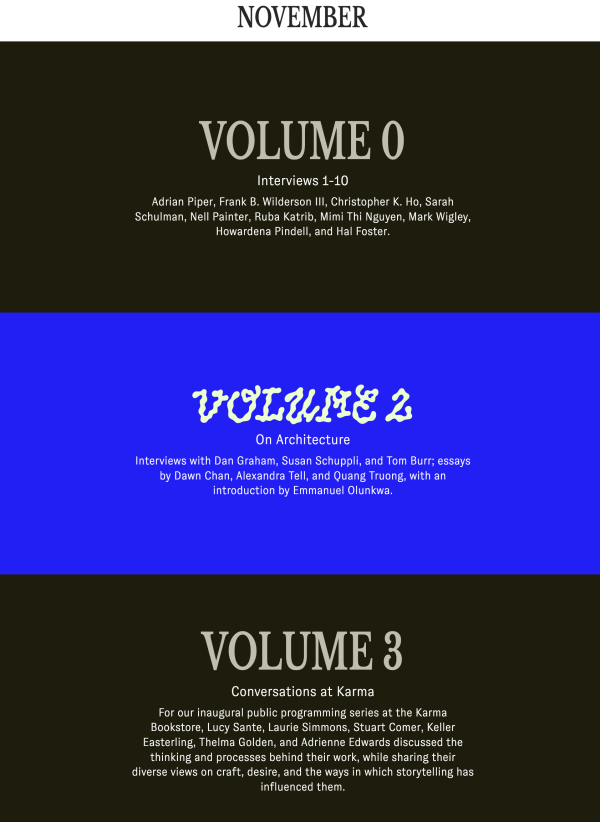
November: conversation at Karma with Emmanuel Olunkwa and Ricky Ruihong Li
November — February 21, 2023
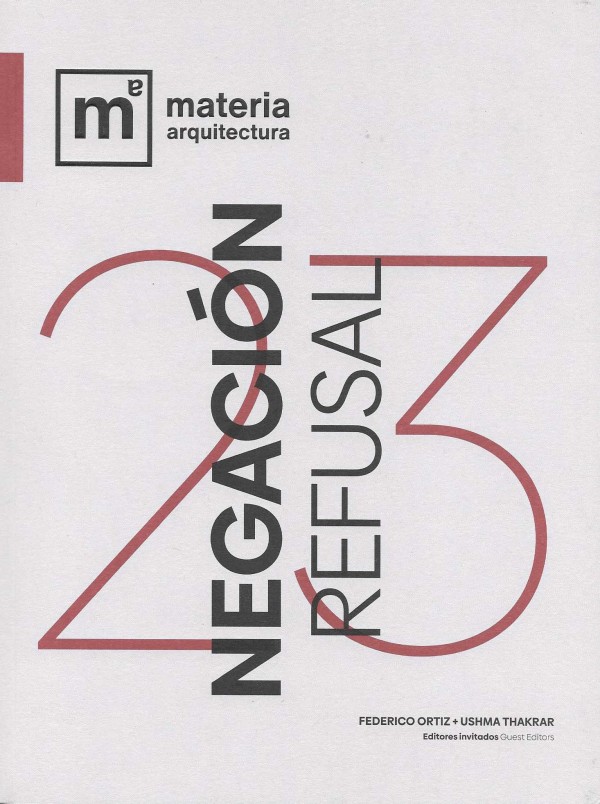
Trabar Sin Soluciones/Working Without Solutions, Interview
Federico Ortiz, Ushma Thakrar, Negacion/Refusal, Escuela de Arquitectura Universidad San Sebastian — December 5, 2022
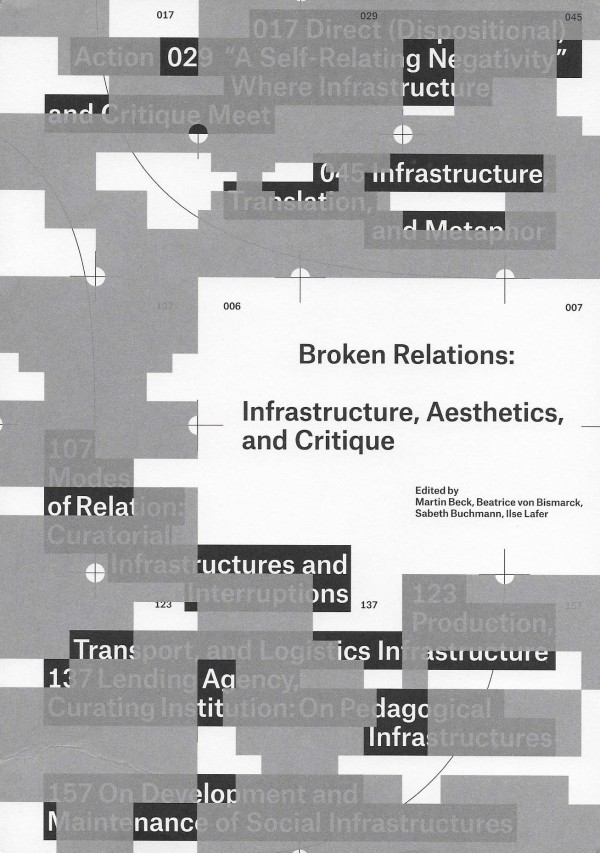
Direct (Dispositional) Action
Martin Beck, Beatrice von Bismarck, and Sabeth Buchmann, Ilse Lafer, eds., Broken Relations: Infastructure, Aesthetics, and Critique (Spector Books). — November 1, 2022
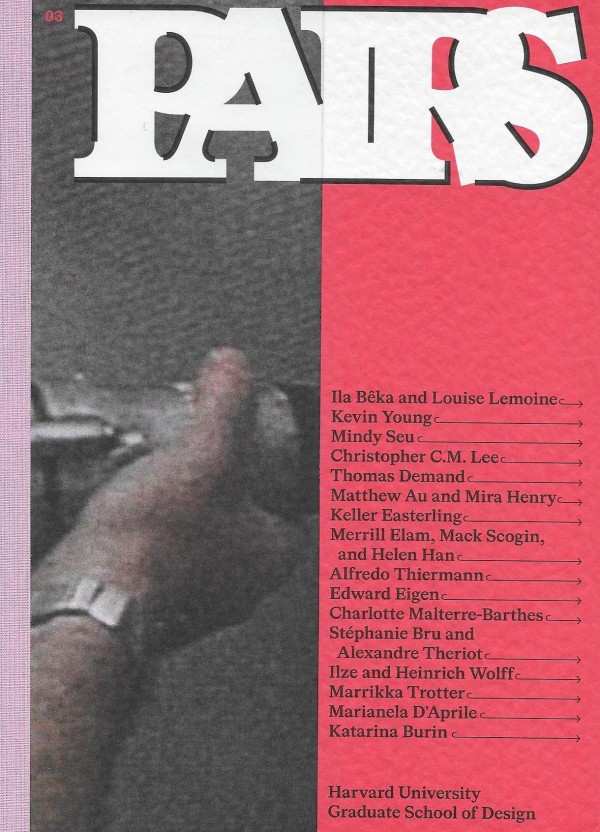
Levittowns: Dialogue with Kenismael Santiago-Pagan
Pairs — June 29, 2022

Non-Growing: Translation Subtraction, Interview Medium Design
Ehituskunst #61/62, Estonia — July 1, 2022

El Ejido
Ida Soulard, Abinadi Meza, and Bassam El Baroni, eds., Manual for a Future Desert (Milan: Mousse Publishing). — 2021

Expansions Venice Biennale
2021
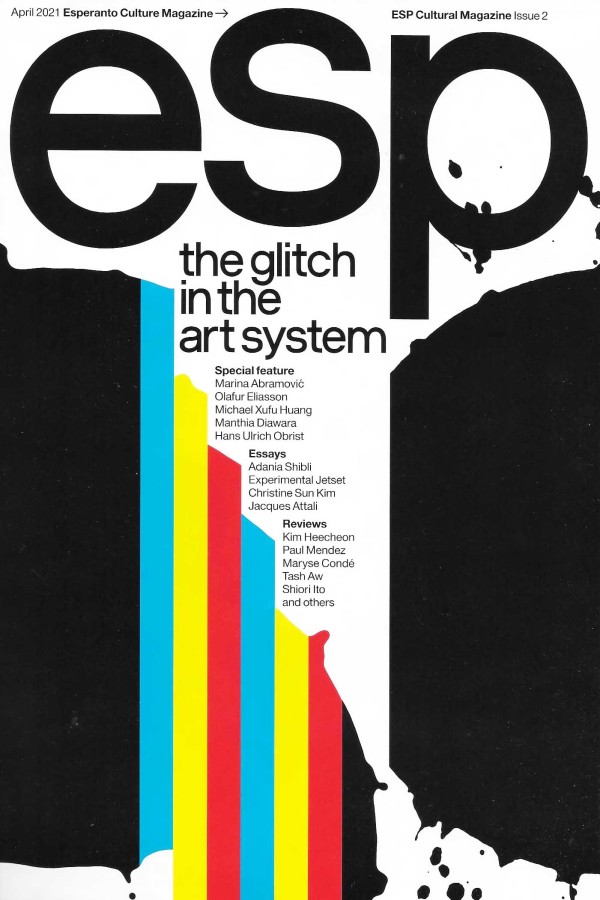
Release 
Esperanto Culture Magazine — April 1, 2021
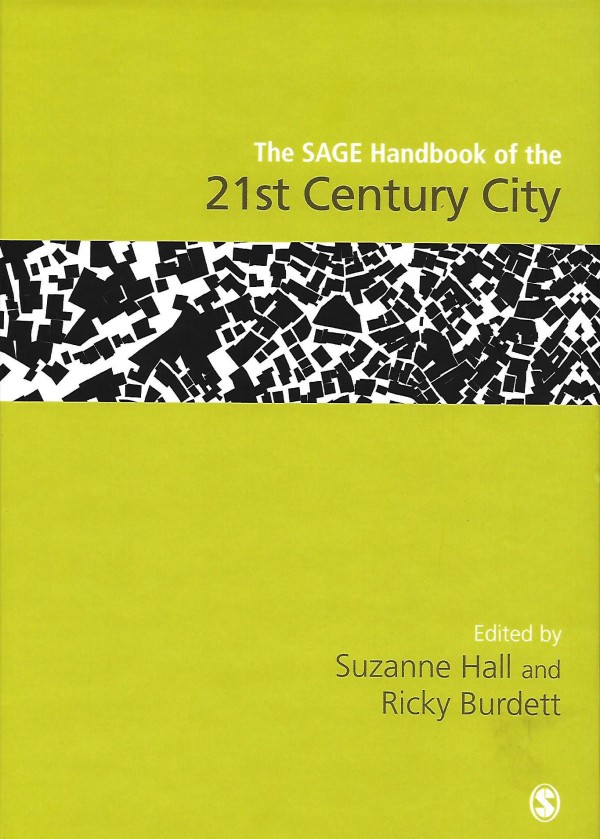
21st Century City
“Designing Infrastructure,” in Suzanne Hall and Ricky Burdett eds., The Sage Handbook of Urban Sociology: New approaches to the twenty-first century city (London: SAGE/LSE). — 2017
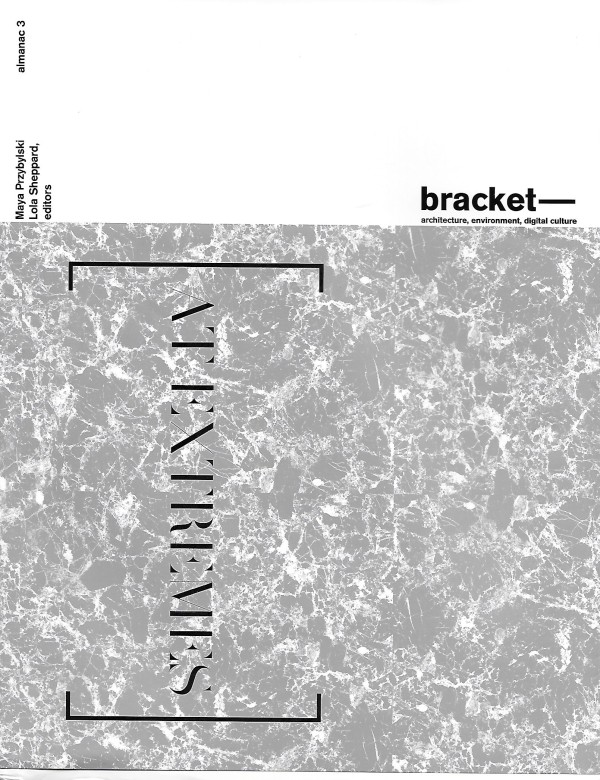
A Man a Tree and and Ax
Lola Sheppard and Maya Przybylski, eds., Bracket: At Extremes (Barcelona: Actar). — November 1, 2016

ARQ 92: Excepiones
April 1, 2016

The Dispositions of Theory
James Graham, ed.,The Urgencies of Architectural Theory (New York, GSAPP Books) — 2015
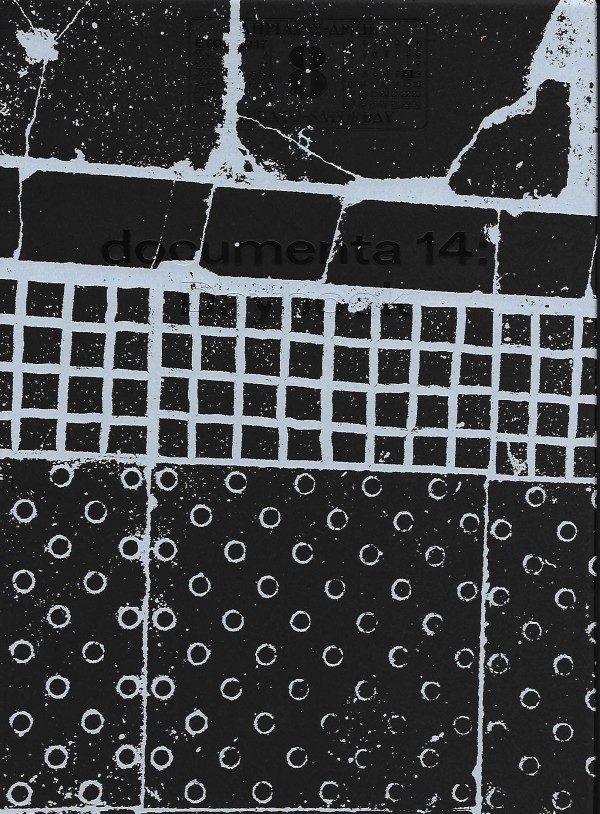
Documenta 14 Daybook
Documenta 14: Daybook, (Prestel, 2017) — July 1, 2017
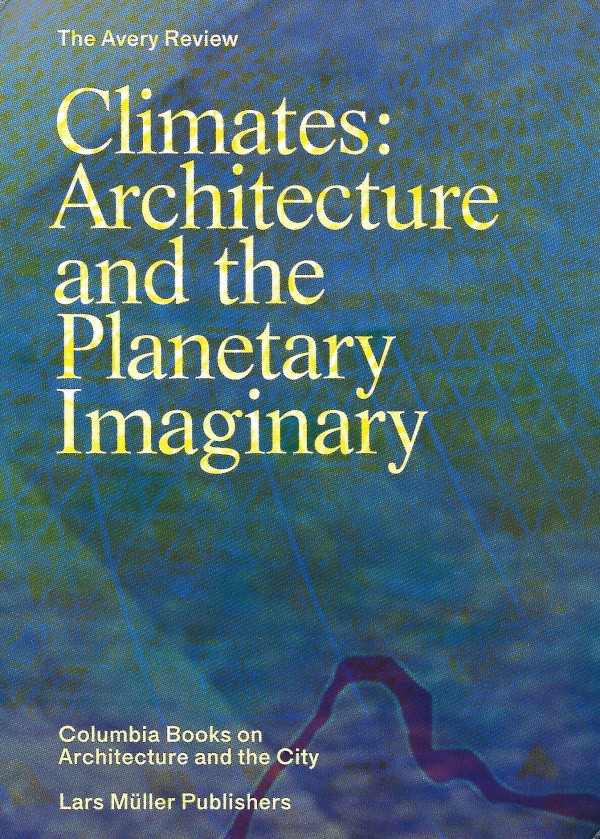
Encounters with Climate
“Encounters with Climate” in James D. Graham, ed., Climates: Architecture and the Planetary Imaginary (Columbia Books on Architecture and the City/Lars Muller Publishers, 2015). — 2016
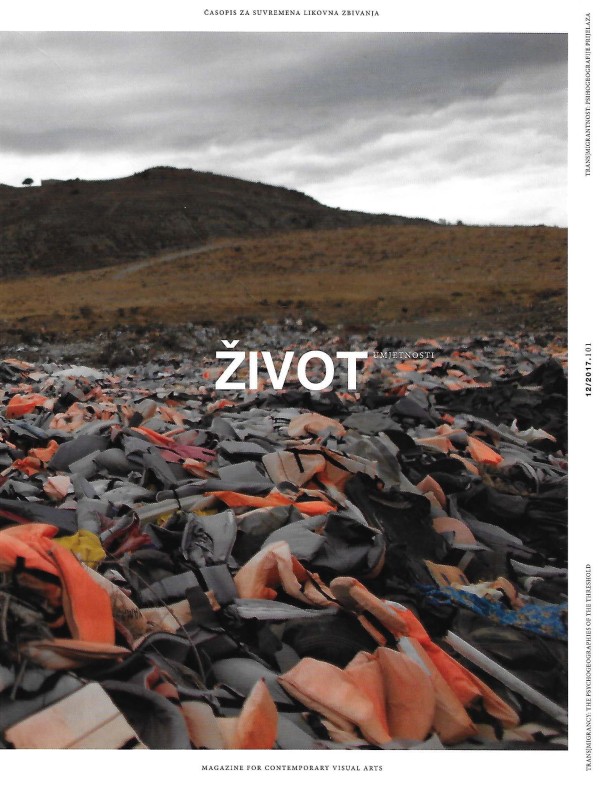
Everywhere
Zivot: Transmigrancy, 12/2017.101 — December 1, 2017
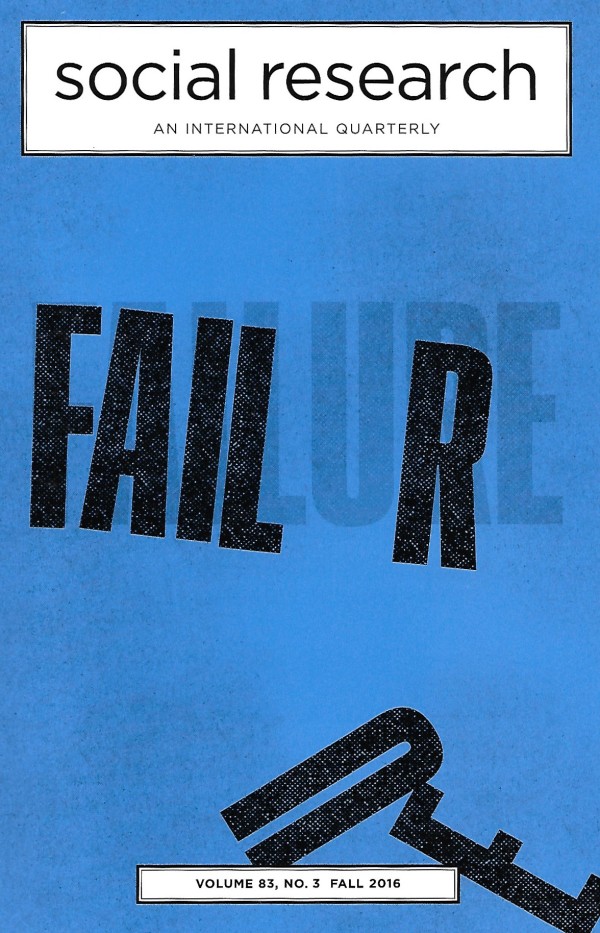
The Histories of Things That Don’t Happen and Shouldn’t Always Work
Arjun Appadurai and Arien Mack, eds., Failure: Social Research International Quarterly — September 1, 2016

I Kan Beholde Jeres States_Borgerskab For Jer Selv
Arkitekten 06 — August 1, 2018

Impossible
Pedro Gadanho, Joao Laia and Susana Ventura, eds., Utopia/Dystopia: a Paradigm Shift in Art and Architecture — March 1, 2017

Infra-read: Interview by Jesse Seegers
Pin-Up — May 1, 2016
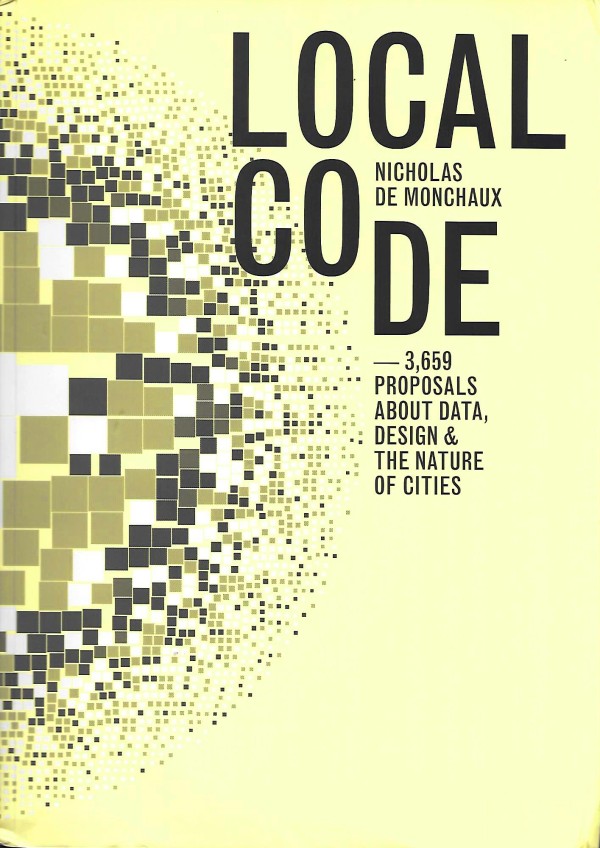
Foreword
Nicholas De Monchaux, Local Code: 3659 Proposals about Data, Design and the Nature of Cities, (PAP) — 2016

Matrix Space
Mohsen Mostafavi, Ethics of the Urban: The City and the Spaces of the Political (Harvard GSD, Lars Muller) — 2017

Park in Allan Sekula: Okeanos
Daniela Zyman and Cory Scozzari, Allan Sekula: Okeanos (Thyssen-Bornemisza Art Contemporary Sternberg Press, 2017) — July 1, 2017

On Dispositions and Form Making: A Conversation Keller Easterling and Andrea Phillips
Paul O’Neill, Lucy Steeds and Mick Wilson, eds. How Institutions Think: Between Contemporary Art and Curatorial Discourse (MIT Press) — 2017

Review: Burdens of Linearity by Catherine Ingraham
Constructs — 2006
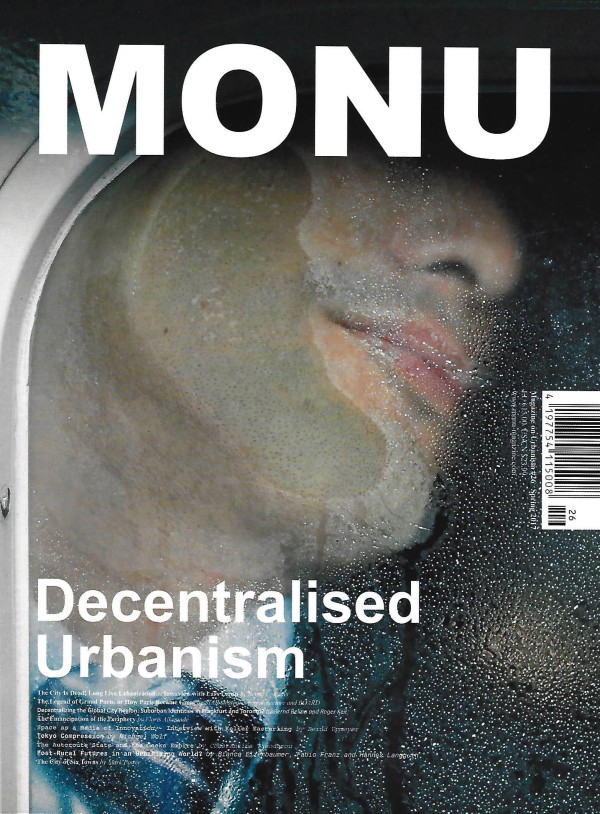
Space as a Medium of Innovation, Interview with Berndt Upmeyer
MONU: Magazine on Urbanism, #26, Spring 2017 — May 1, 2017

Split Screen
Ilke and Andreas Ruby, eds., Infrastructure Space, Holcim Foundation (Ruby Press). — 2016

Subtracting the Suburbs
Infinite Suburbia, Alan Berger, Joel Kotkin, eds. (New York, PAP) — 2017
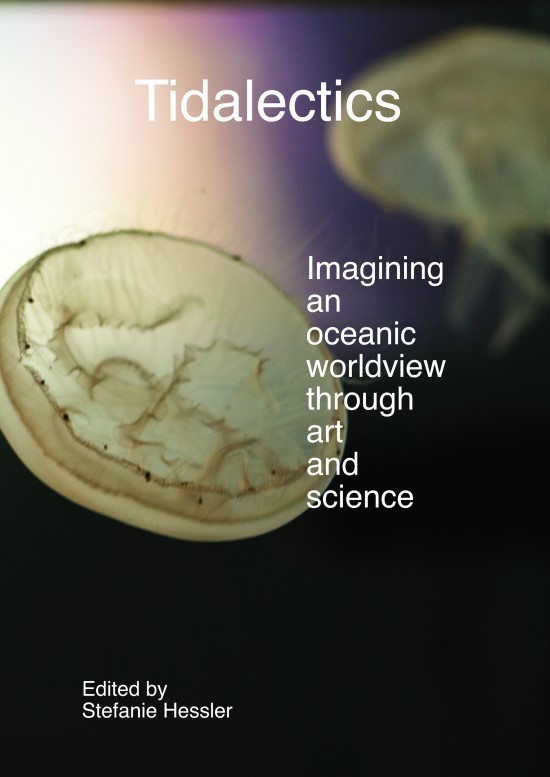
Suburbia in Reverse
Stephanie Hessler, ed. Tidaletics, MIT Press, 2018 — March 1, 2018

Superbug
Log 39 Spring 2017 — March 15, 2017
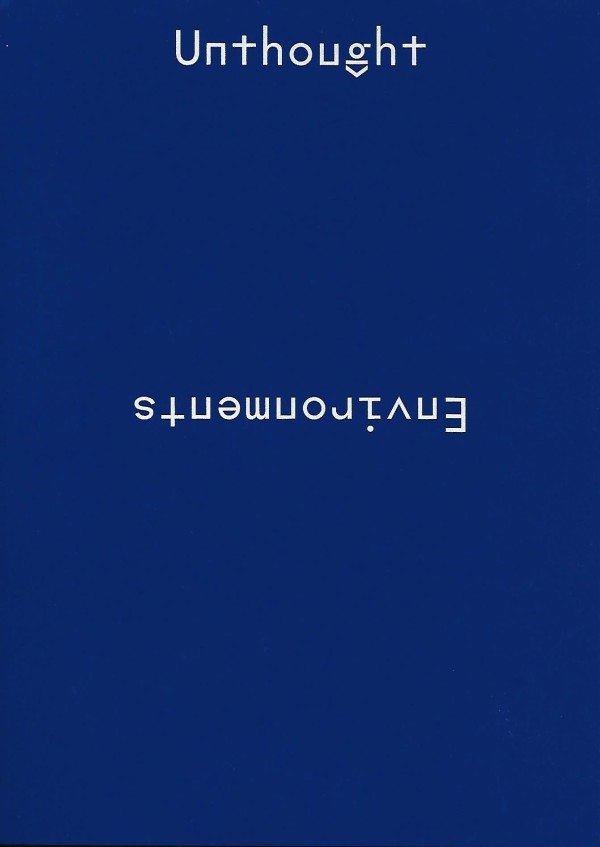
Terra Incognita
Unthought Environments — 2019
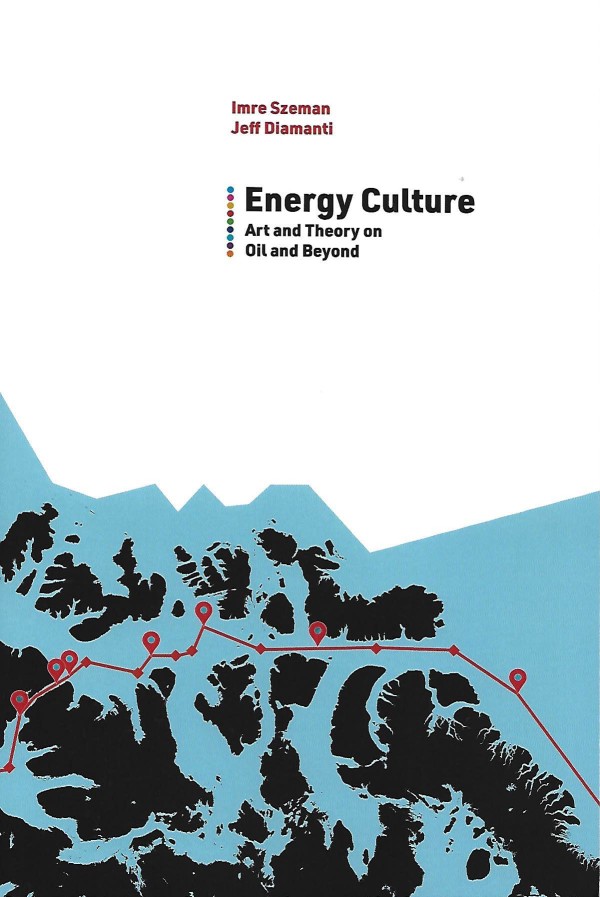
The Switch
Imre Szeman and Jeff Diamanti, eds., Energy Culture: Art and Theory on Oil and Beyond (West Virginia University Press). — 2019

Things That Don’t Always Work
Ryan Bishop, Kristoffer Gansing, Jussi Parikka and Elvia Wilk, eds., Across and Beyond—A Transmediale Reader on Post-digital Practices, Concepts, and Institutions — 2016
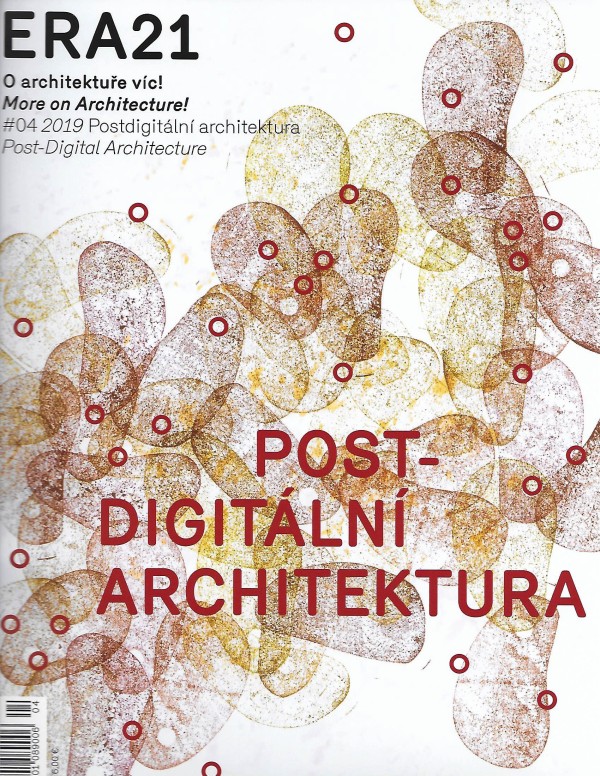
Things That Shouldn’t Always Work
ERA 21 Post Digitalni Architektura — 2019
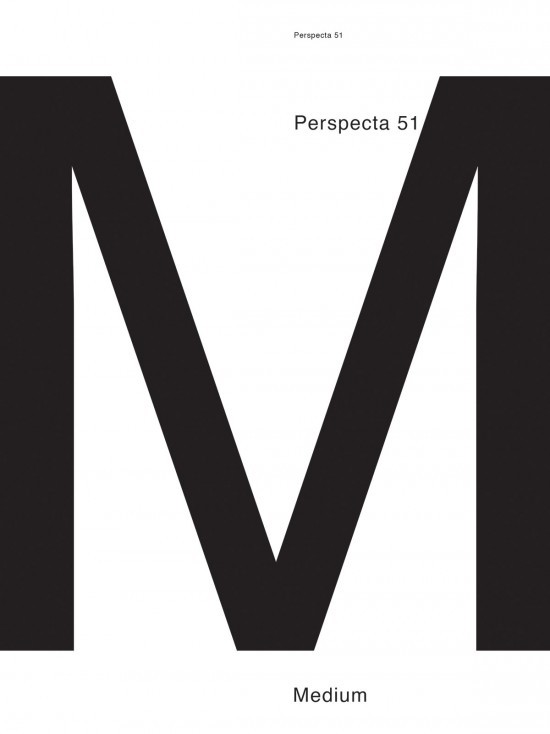
To Play Space
Perspecta 51: Medium — October 1, 2018
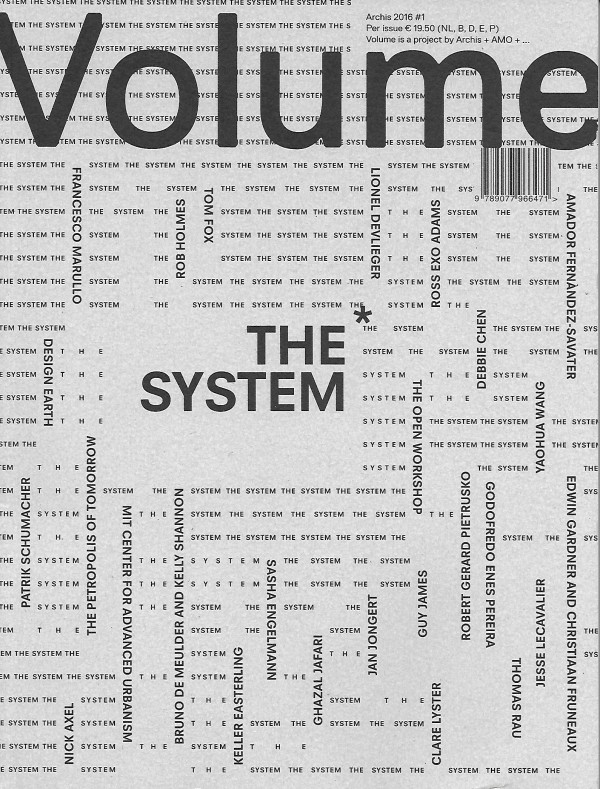
Protocols of Interplay
Volume: The System — April 1, 2016

Interview
Arqa — 2011

World City Doubles
Roldolphe El-Khoury and Edward Robbins, ed., Shaping the City: Studies in History, Theory and Urban Design (Routledge). — June 1, 2013
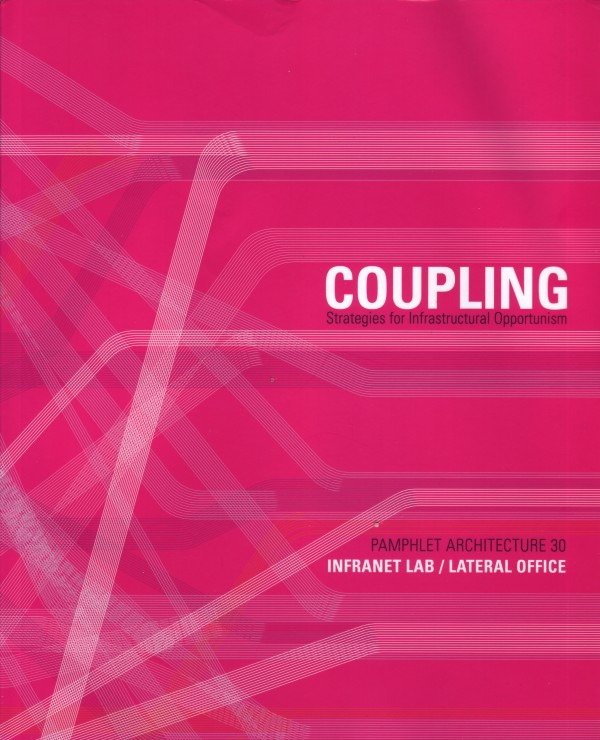
Fresh Fields
Coupling: Pamphlet Architecure 30 Infranet Lab/Lateral Office (New York: Princeton Architectural Press) — 2011

Megabuilding
Architektura 4, 163 (Kwiecien) — 2009

In the Briar Patch
Jonathan Solomon ed., Sustain and Develop 306090 Volume 13 (New York: 306090, Inc.) — 2009

Intermediate Points of Interest
Gaby Brainard, Rustam Mehta, and Thom Moran eds., Perspecta 41 Grand Tour — 2008

Rumor
Megan Born and Lily Jencks, eds, Via: Dirt, University of Pennsylvania — 2012

The Agent: Interview with Neeraj Bhatia
The Agent No. 0 — May 1, 2014
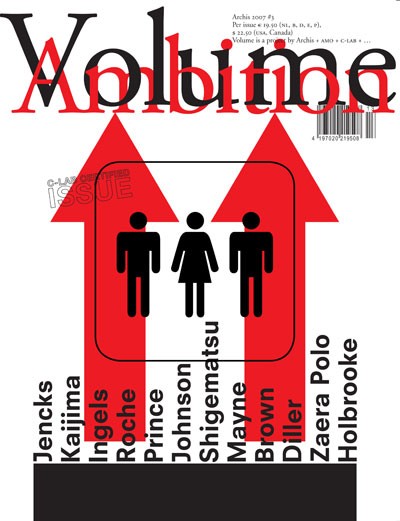
The Knowledge
Volume 13: Ambition — 2007

Absolute Submission
Crisis, a collaboration of C-Lab and Urban China — September 15, 2008
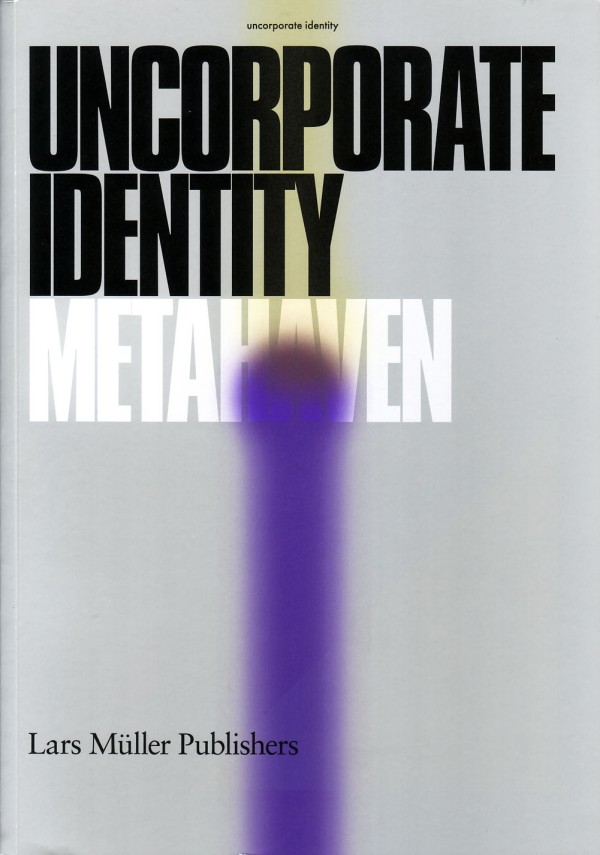
Come to Things
Metahaven and Marina Vishmidt, eds., Uncorporate Identity (Zürich: Lars Müller) — 2010
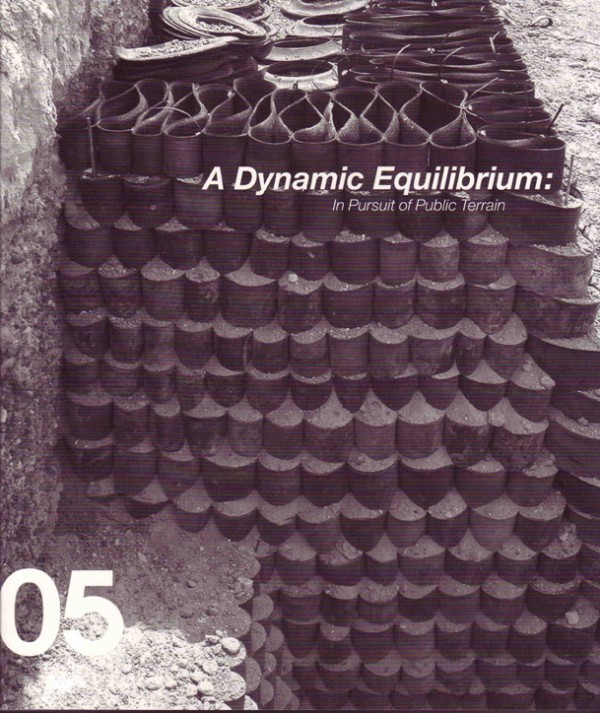
Disposition: In_site
In_Site: A Dynamic Equilibrium, In_Site 05 (Friessen) — 2007
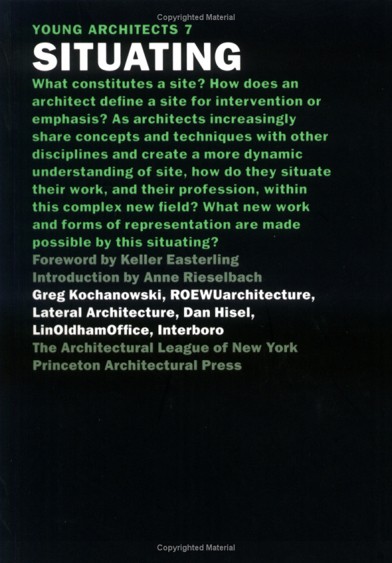
Foreword
Young Architects 7: Situating, catalog of Architectural League's Young Architects competition and exhibition (New York: Princeton Architectural Press) — 2006
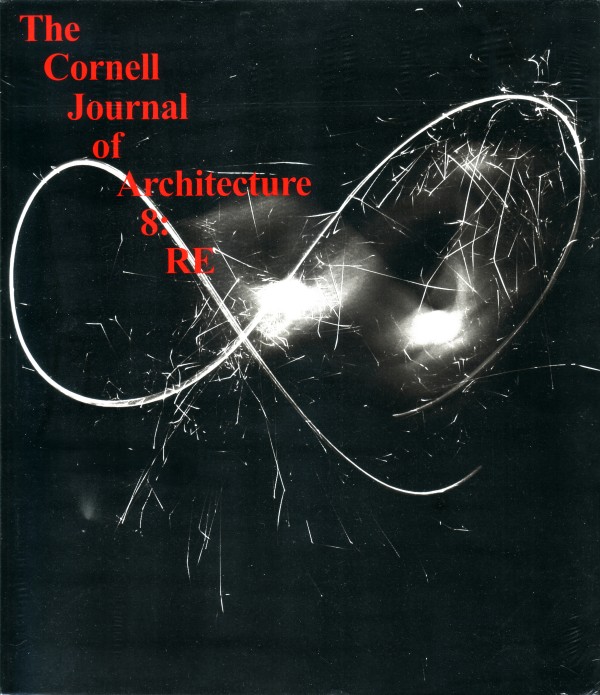
Pandas: A Rehearsal
Cornell Journal of Architecture — 2011
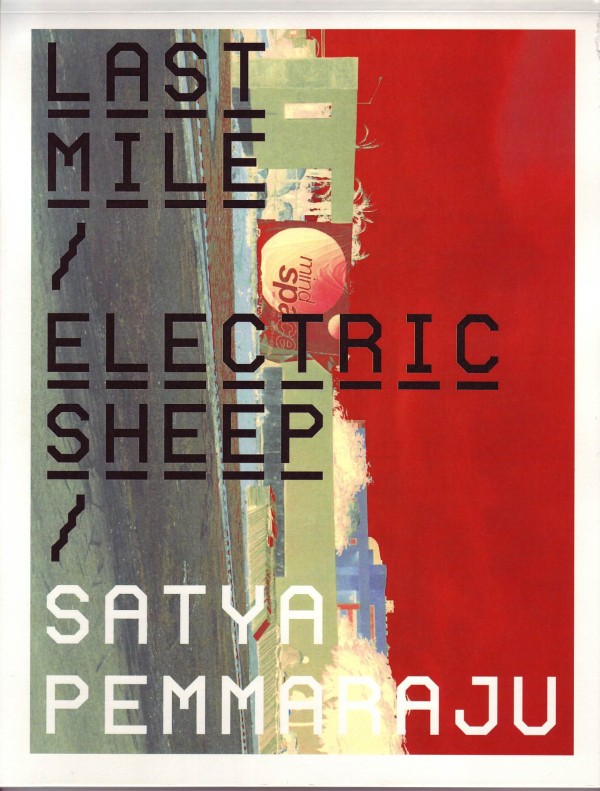
Other Aggressions and Maneuvers
The Last Mile, photography catalog Satya Pemmaraju (Gallery SKE) — 2007
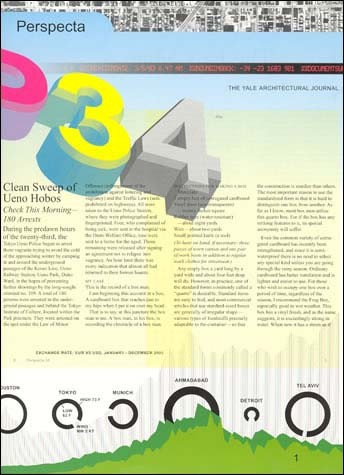
Subtraction
Perspecta 34: Temporary Architecture (MIT Press) — 2003
A-Ware
Journal of Architectural Education, special digital issue — January 1, 2002

Wildcards: a Game of Orgman
Metalocus 5 — 2000
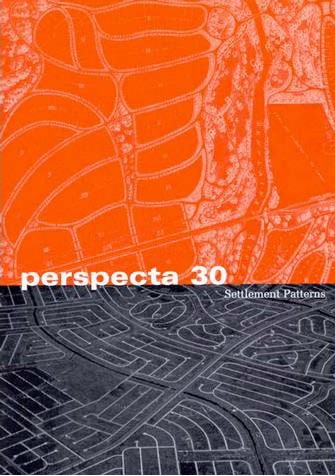
Interchange and Container: The New Orgman
Perspecta 30 Settlement Patterns — 1999
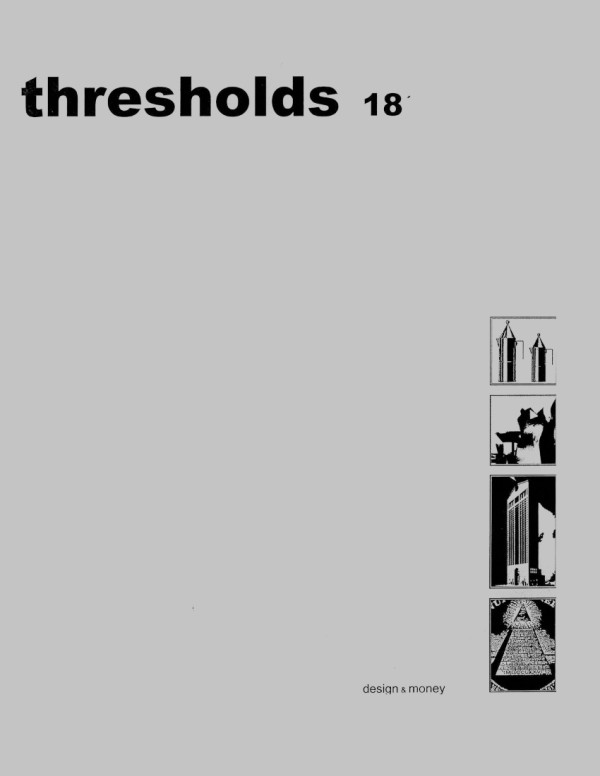
A Short Contemplation on Money and Comedy
Thresholds 18 (MIT) — 1999
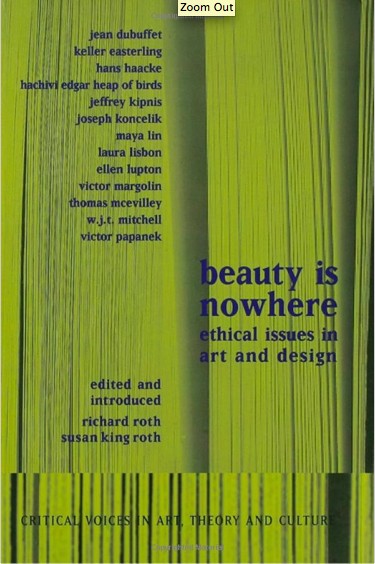
Distributive Protocols: Residential Formations
Beauty is Nowhere: Ethical Issues in Art and Design (Routledge) — 1998
American Town Plans excerpt
ANY — 1993

Siting Protocols
Peter Lang, ed., Suburban Discipline (Storefront Books) — 1997
Call it Home
Assemblage 24 — 1994
Perceiving Action
Offramp, SCI-ARC Journal, vol. 1, no. 5 — 1993

Switch
City Speculations (New York: Princeton Architectural Press) — 1996

Non-statecraft
Maghreb Connection: Movements of Life Across North Africa (Barcelona: ACTAR) — 2007

Graduate Sessions No. 9
Syracuse University — 2010
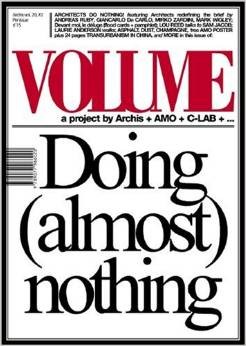
Not Everything
Volume 2: Not Everything — 2005

Without Claims to Purity
aX, vol. 1+2 (Winter) — 2008
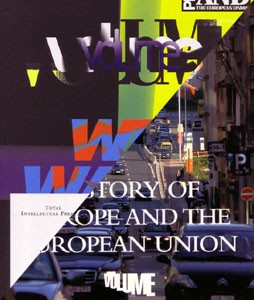
Architect-at-Large
Volume 1 — 2005

The Activist Entrepreneur
John Wriedt ed., Architecture: From the Outside In (New York: Princeton Architectural Press) — 2010

With Satellites: Remote Sending in South Asia and the Middle East
Brian McGrath and Grahame Shane eds., AD, Sensing the 21st Century: Close-up and Remote Vol. 75 No. 6 — 2005
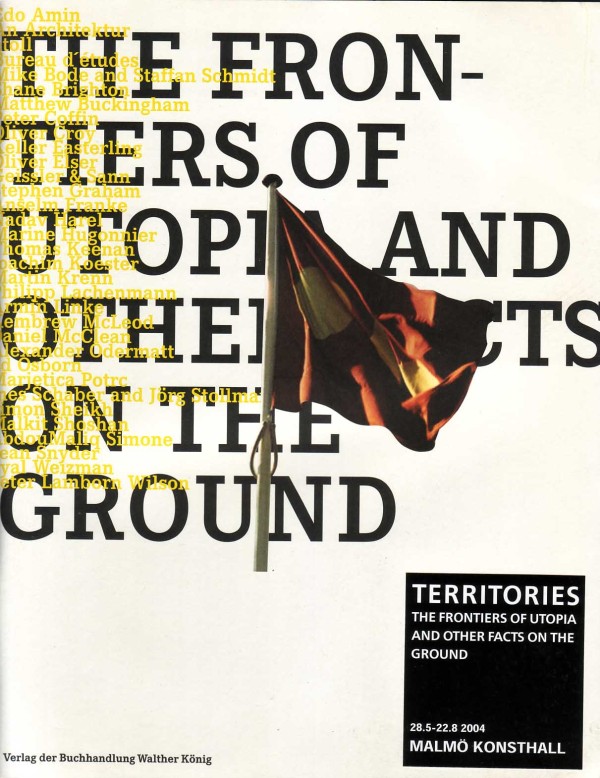
Offshore
Anselm Frank and Eyal Weizman, eds., Territories: the Frontiers of Utopia and Other Facts on the Ground (Berlin: Verlag der Buchhandlung Walther König) — 2004

Orgman
Stephen Graham, ed., The Cybercities Reader (London: Routledge) — 2003
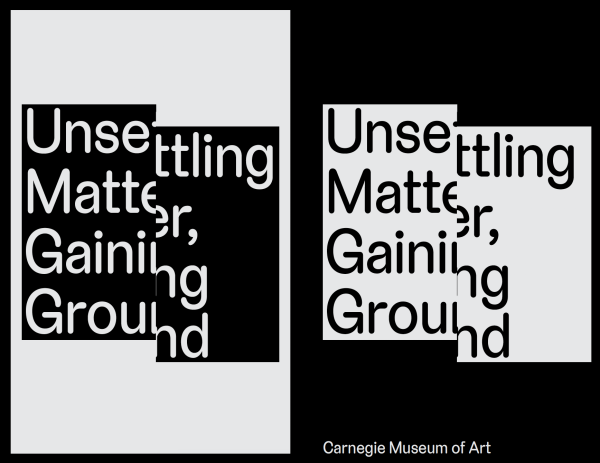
Unsettling Matter Gaining Ground, Dialogue with Imani Jacqueline Brown
Carnegie Museum of Art — October 5, 2023 – January 7, 2024

The Mix
forA: Frictions — March 1, 2024
